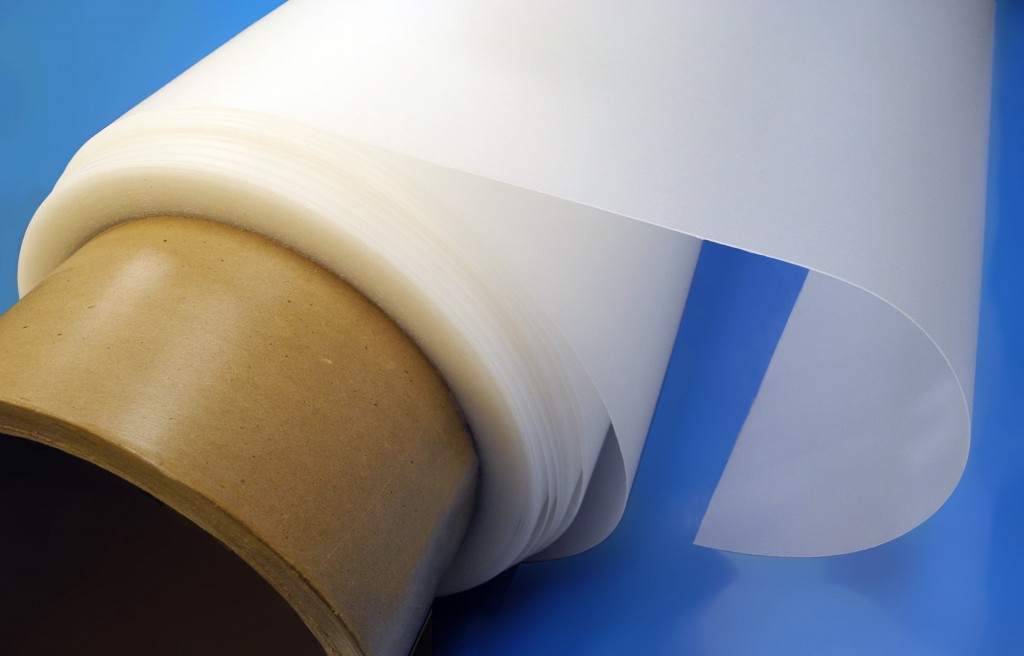PV Module Encapsulant Film, a critical component in photovoltaic (PV) panels, provides protection and enhances the efficiency of solar cells. It acts as a protective barrier against moisture, dust, and other environmental factors, ensuring prolonged module lifespan and reliable performance. The encapsulant film’s optical properties optimize light transmission to enhance energy conversion, contributing to the advancement of solar energy technologies and promoting sustainable power generation.
The benefits of solar photovoltaic (PV) modules, including their high dependability, lack of fuel use, low maintenance requirements, and reduced noise pollution, have drawn significant attention.
Thanks to its wider availability, solar photovoltaic technology is currently the most economical method of producing power. To achieve global energy and environmental goals, the use of solar photovoltaic modules is drastically increasing.
The generation of clean, sustainable, and renewable energy from sunlight is mostly dependent on PV modules. As the demand for PV modules is increasing, so will the demand for PV module encapsulant films. This will expand the global PV module encapsulant film industry.
Get an overview of market drivers and challenges affecting this industry: https://www.futuremarketinsights.com/reports/sample/rep-gb-17081
Key Takeaways from the PV Module Encapsulant Film Market Study:
- The global market for PV module encapsulant films is forecast to reach a valuation of 4.2 Billion by 2033.
- Global sales of PV module encapsulant films are likely to surge at 4.7% CAGR through 2033.
- Based on material, ethyl vinyl acetate segment is set to exhibit a CAGR of around 5.1% through 2033.
- China’s PV module encapsulated film market is expected to exceed a valuation of US$ 674 million by 2033.
- PV module encapsulant film demand in Italy is likely to increase at 5.6% CAGR through 2033.
- The United States PV module encapsulant films market value is forecast to reach around US$ 609 million by 2033.
“Rapid shift towards renewable energy sources such as solar power will generate high demand for PV module encapsulant films during the next ten years. Favorable government and regulatory environment are expected to provide massive growth opportunities to manufacturers that can innovate to meet the demands of sustainability from various consumer sectors.” says an analyst from Future Market Insights (FMI).
Who is Winning?
Leading PV module encapsulant film manufacturers profile in the reports include 3M, Borealis, Changzhou Betterial Film Technologies Co., Ltd., Jiangsu Sveck Photovoltaic New Material, Hangzhou First Applied Material, Shanghai HIUV New Materials Co, Mitsui Chemicals Company, Arkema, Cybrid Technology, Topray Solar, Coveme, RenewSys, H.B. Fuller, TPI Polene, and Guangzhou Lushan New Materials Co., Ltd.
New product development, investments in research & development, partnerships, agreements, and collaborations are few of the key strategies employed by leading companies.
Recent developments:
- In November 2022, a joint innovation signing ceremony was held by Jiangsu Sveck New Materials Co., Ltd., Changzhou EGING PV Technology Co., LTD., and China Quality Certification Center.
The aim was to promote the integrated development of the photovoltaic industry and innovative chain, with a focus on the new corrosion-resistant encapsulant film of the Sveck ‘TS’ series and the photovoltaic module of the ‘Star Pro’ series.
- In May 2022, Sveck New Materials Co., Ltd. started promoting the use of POE-based encapsulate solutions for bifacial applications. The company has developed a multilayer EVA-POE-EVA co-extruded film structure for bifacial modules as a supplier of EVA and POE encapsulation materials.
Expand operations in the future. To get requisite details, ask for a custom report: https://www.futuremarketinsights.com/customization-available/rep-gb-17081
Segmentation of the Global PV Module Encapsulant Film Market
By Weight:
- Below 400 g/m2
- 400-475 g/m2
- Above 475 g/m2
By Material Type:
- Ethyl Vinyl Acetate (EVA)
- Transparent EVA
- White EVA
- Anti-PID EVA
- Polyolefin Elastomer (POE)
- Thermoplastic Polyolefin (TPO)
- Polyvinyl Butyral (PVB)
By Application:
- Monofacial PV Module
- Bifacial PV Module
By Thickness:
- 0.20-0.40 mm
- 0.40-0.60 mm
- 0.60-0.80 mm
By End-Use:
- Commercial
- Industrial
- Residential
By Region:
- North America
- Latin America
- Europe
- East Asia
- South Asia & Oceania
- Middle East & Africa
More Insights Available:
Future Market Insights (FMI), in its new offering, presents an unbiased analysis of the PV module encapsulant film market, presenting historical market data (2018 to 2022) and forecast statistics for the period from 2023 to 2033.
The study reveals extensive growth in PV module encapsulant film in terms of weight (below 400 g/m2, 400 to 475 g/m2, above 475 g/m2), material type (ethyl vinyl acetate, polyolefin elastomer, polyvinyl butyral), application (mono facial PV module, bifacial PV module), thickness (0.2 to 0.4mm, 0.4 to 0.6mm, 0.6 to 0.8mm), and end use (commercial, industrial, residential) across various regions.
